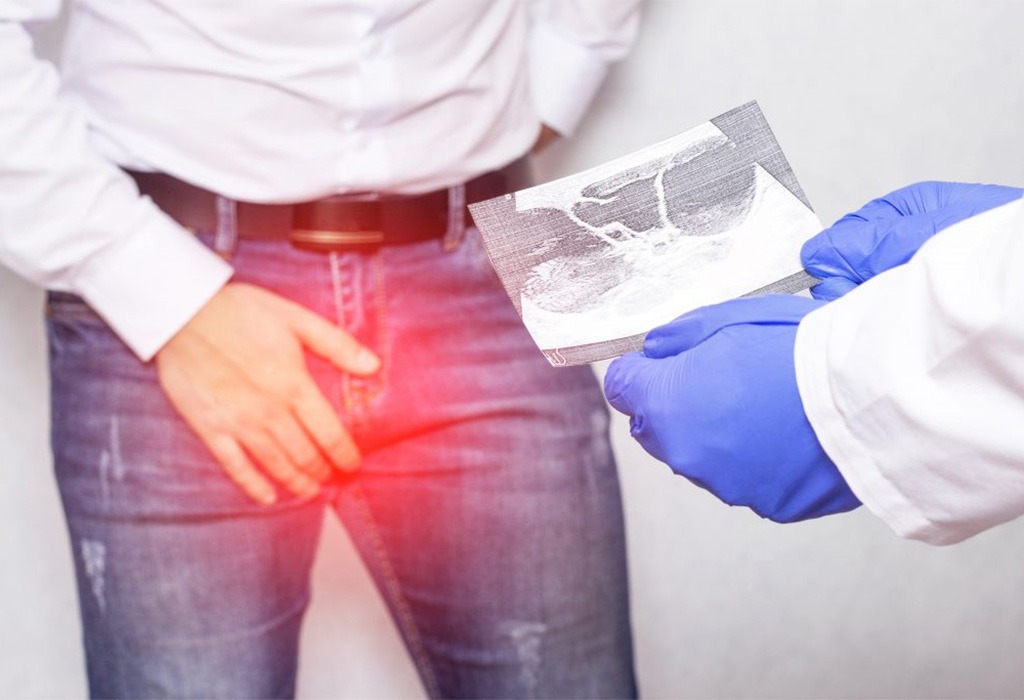
Nội dung bài viết / Table of Contents
This post is also available in: Tiếng Việt (Vietnamese)

Varicocele is an extension of veins within scrotum which is similar to varicose veins in legs. Scrotum is a bag of skin below penis and contains testicles. Scrotum has two sides, right and left.
Veins carry blood from cells and tissues back to the heart, where blood cells could get oxygen. Varicocele can be formed on one side or both sides. The disease usually is formed in left because veins often bear greater pressure on the right. Varicocele can lead to stretching scrotum.
Varicocele is common in teens and older but it can also develop during childhood. The disease does not affect daily activities but it may cause infertility. Up to 40% of male infertility due to varicocele.
Varicocele is often difficult to recognize its symptoms. Patients usually do not know that they have the disease until doctor examine scrotum. Sometimes patients find greater scrotum but it does not cause pain, or feeling of heaviness or pain smoldering in scrotum. Varicocele can cause testicular atrophy caused by pressure.
There may be some signs or symptoms not listed above. If you have any concerns about a symptom, please consult your doctor.
Varicocele often has no serious symptoms needed to visit or treatment from a doctor. However, if you feel pain, swelling in scrotum, abnormalities in penis size or concerns if your children have varicocele, you should visit or talk with your doctor. Also, if you have symptoms listed above, it is still possible that you do not have varicocele, you may have a more serious disease but similar symptoms.
Read more: Varicose veins
Veins contain one-way valves to help push blood in one direction to the larger veins. When valves inside veins in testicles and scrotum do not work properly, blood is accumulated and cause swell. The result causes varicocele.
There are many risk factors for this disease such as:
Currently, the experts have not yet found risk factors for varicocele. However, few researchers suggest that risk of varicocele is affected by height and weight. The higher you are, the higher likelihood that you have varicocele but the interesting thing is obesity reduce the risk of varicocele.
The information provided is not a substitute for any medical advice. ALWAYS consult with your doctor for more information.
You may not need treatment unless pain or other symptoms such as shrunken testicles or problems with fertility. Minor surgery if needed. Blood vessels are removed or pinched to blood flow through other circuits. Vascular resection surgery is minor and it needs 1-7 days of rest, and it may cause discomfort or bruising. However, approximately 15% of patients after surgery will recur varicocele. If this happens, it needs other surgery again.
Your doctor will diagnose by examining scrotum. If the diagnosis is not clear, your doctor may request an ultrasound to take pictures of veins in scrotum and to eliminate causes of scrotal swelling which is not caused by varicocele.
What are some lifestyle changes or home remedies that can help me manage varicocele?
The following lifestyles and home remedies might help you cope with this disease:
What you DO NOT do to restrict progression of varicocele:
If you have any questions, please consult with your doctor to better understand the best solution for you.
Sources: